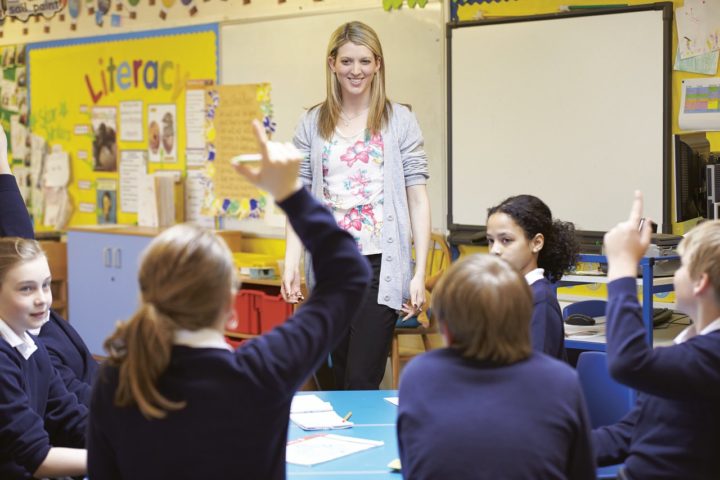By helping teachers to understand how different children learn to read, researchers at the University of Reading are equipping them to better meet the needs of their pupils – including those whose home language is not English.
With literacy widely considered to be the gateway to economic and social success, a great deal of emphasis is placed on teaching primary aged children how to read and spell fluently.
However, a lack of understanding among teachers of the cognitive processes involved in gaining literacy can limit the support available for children who face additional barriers to reading, including those for whom English is an additional language (EAL).
Using a combination of long-term studies and novel research methods such as eye-tracking to reveal new insights about how children learn to read and spell, researchers at the University of Reading have highlighted the importance of tailoring classroom activities to the needs of different learners. This includes much needed insights into teaching strategies that support EAL learners’ literacy development.
These findings have influenced the development of a tool for assessing progress in early word reading, which is now used in all Key Stage 1 of primary schools in England, impacting the practice of around 30,000 teachers of around 500,000 six-year-olds each year, as well as in two states in Australia.
The research has also revealed the importance of teachers’ own knowledge of phonics in classroom practice – a finding which has been incorporated into the OFSTED framework for the inspection of early reading in primary schools in England and Wales.
Through ongoing engagement and the provision of research-informed tools and CPD to teaching practitioners in the UK and beyond, the researchers are filling gaps in education policy and practice that will significantly improve the life chances of millions of children.
Research team: Dr Naomi Flynn, Dr Holly Joseph, Dr Daisy Powell and Professor Rhona Stainthorp
Find out more
View the full impact case study on the REF 2021 website: Changing Classroom Practice for Literacy Through Improved Subject Knowledge

